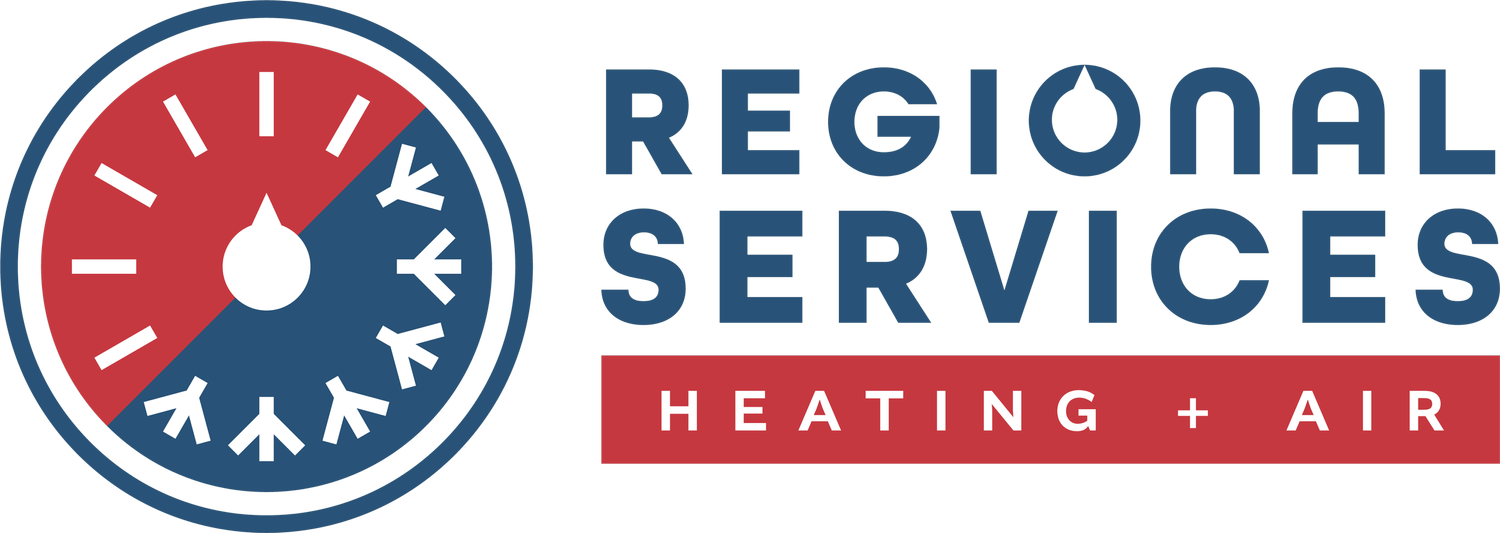Should You Repair or Replace Your HVAC System? Here's How to Decide
Making the decision to repair or replace your HVAC system can be daunting. With repair costs ranging from hundreds to thousands of dollars and new system installations potentially exceeding $10,000, homeowners understandably want to make the right choice for both their comfort and their wallet. This guide will help you navigate this important decision with confidence.
Age of Your System: The 10-15 Year Benchmark
One of the most reliable indicators for replacement is your system's age:
Air Conditioners: Most central air systems last 10-15 years with proper maintenance
Heat Pumps: Typically have a lifespan of 10-15 years
Furnaces: Often last 15-20 years before needing replacement
Boilers: Can last 20-30 years with good maintenance
Age Guideline: If your system is less than 10 years old, repairs are usually more cost-effective. For systems over 15 years old, replacement often provides better long-term value, even if repair costs seem reasonable in the moment.
The 50% Rule: A Financial Framework
A practical approach used by many HVAC professionals is the 50% rule:
If the cost of repairs approaches 50% of the value of your heating or cooling system, replacement is usually the better option.
For example, if your 12-year-old air conditioner needs a $2,000 repair and a new unit would cost $5,000, replacement likely makes more financial sense since the repair equals 40% of the replacement cost.
Frequency of Repairs: The Pattern Matters
Consider how often you're calling for service:
Occasional Repairs: If your system has been reliable and this is a rare issue, a repair might make sense.
Increasing Frequency: If you've needed multiple repairs in the past 2 years, these costs will likely continue to mount.
Part Availability: For older systems, parts may become harder to find, extending downtime and increasing repair costs.
Red Flag: If you've had more than two significant repairs in the past two seasons, it's probably time to consider replacement.
Home Comfort Issues to Consider
Your decision should also factor in comfort concerns:
Uneven Cooling or Heating: If some rooms are too hot or cold despite repairs
Humidity Problems: Difficulty maintaining comfortable humidity levels
Noise Levels: Excessive operational noise that repairs haven't resolved
Air Quality: Persistent indoor air quality issues despite filter changes and duct cleaning
Quality of Life: Sometimes the decision goes beyond finances—your comfort and health matter too.
Environmental and Space Considerations
Newer systems offer environmental benefits and spatial advantages:
Refrigerant Type: Older systems using R-22 refrigerant (phased out as of 2020) face increasingly expensive refrigerant costs
Carbon Footprint: Newer systems produce fewer emissions and use less energy
Space Efficiency: Modern equipment is often more compact and quieter
Future-Proofing: A new system will comply with current environmental regulations and efficiency standards.
Home Value Impact
If you're planning to sell your home in the next few years:
A new HVAC system typically returns 35-50% of its cost in home value
Homes with newer systems often sell faster
Potential buyers may request allowances or price reductions for aging systems
Real Estate Perspective: Realtors often cite outdated HVAC systems as a significant negotiation point in home sales.
Making the Final Decision: A Checklist
Consider replacement if:
Your system is over 15 years old
Repair costs exceed 50% of replacement value
You've had multiple repairs in recent years
Your energy bills are steadily increasing
Comfort issues persist despite repairs
You plan to stay in your home for 5+ years
Consider repair if:
Your system is under 10 years old
This is the first major repair needed
The repair cost is less than 30% of a new system
Your system has been well-maintained
You're planning to move within 2-3 years
The Value of Professional Assessment
While these guidelines are helpful, nothing replaces a thorough evaluation by a qualified HVAC professional. Our technicians can:
Perform a comprehensive system assessment
Present various replacement options at different price points
Explain available financing options and tax incentives
Provide an honest recommendation based on your specific situation
Beyond the Basic Replace or Repair Decision
Sometimes the best solution isn't a simple repair or direct replacement:
System Zoning: Adding zones to your existing system might solve comfort issues
Ductless Options: Adding mini-splits to problematic areas while keeping your main system
Hybrid Systems: Combining technologies for optimal efficiency
Smart Technologies: Upgrading controls and thermostats for better performance
Our experts can help you explore all available options, not just the obvious ones.
Contact Us for a No-Pressure Consultation
Whether you ultimately decide to repair or replace, our goal is to provide you with the information you need to make the best decision for your home and budget. We pride ourselves on honest assessments and transparent pricing—never pushing for replacement when a repair makes more sense.
Contact us today to schedule a comprehensive system evaluation and discuss your options with one of our experienced comfort advisors.
